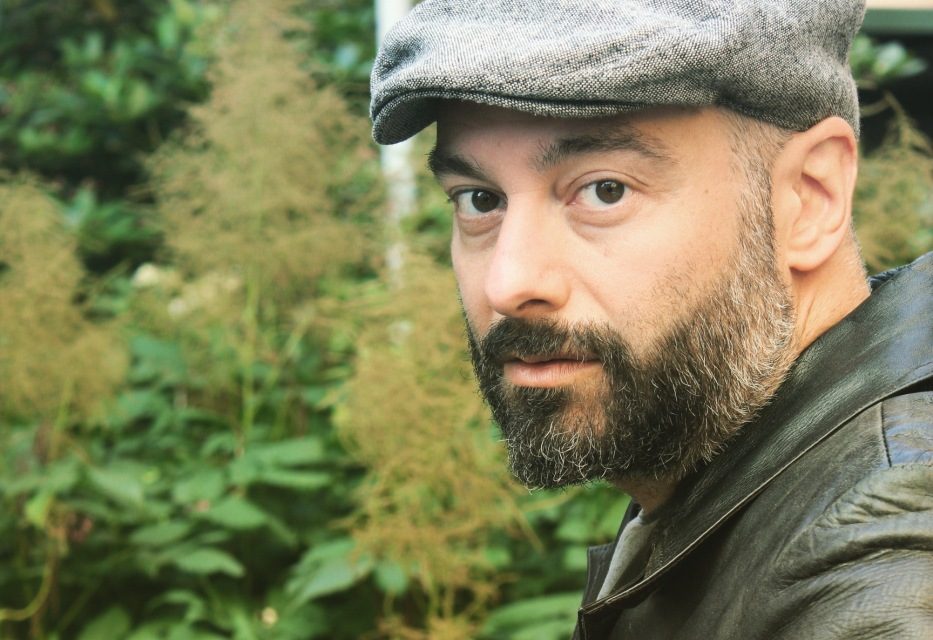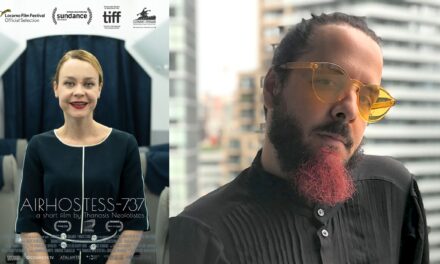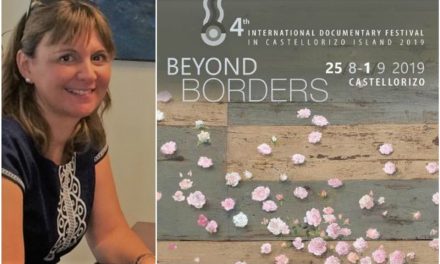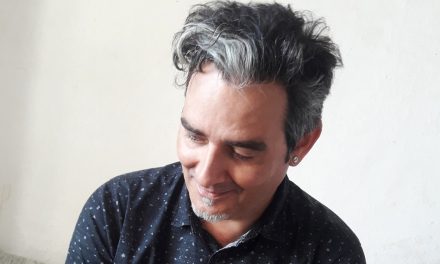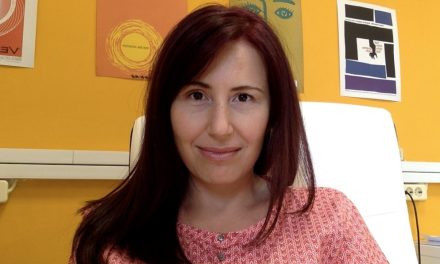Certain film subjects seem to attract criticism of cultural appropriation or exploitation, such as the refugee crisis or queer films. It’s quite common for a filmmaker who has made a queer film to be forced to breach the GDPR and disclose very personal (and irrelevant) information, such as his/her sexual identity, just because gay topics raise the curiosity of critics and public. So should queer films be made solely by gay directors, films about migration by immigrants and so on?
Greek Swedish filmmaker Nicolas Kolovos, whose latest film “Index” won the Golden Dionysos best film award at the 2019 Short Film Festival in Drama for “its skillful camera choreography in a 12-minute one-take and the wonderful utilization of the cinematic language, which underlines a universal issue starting from a child’s desperate action”, spoke to Greek News Agenda* about freedom of artistic expression.
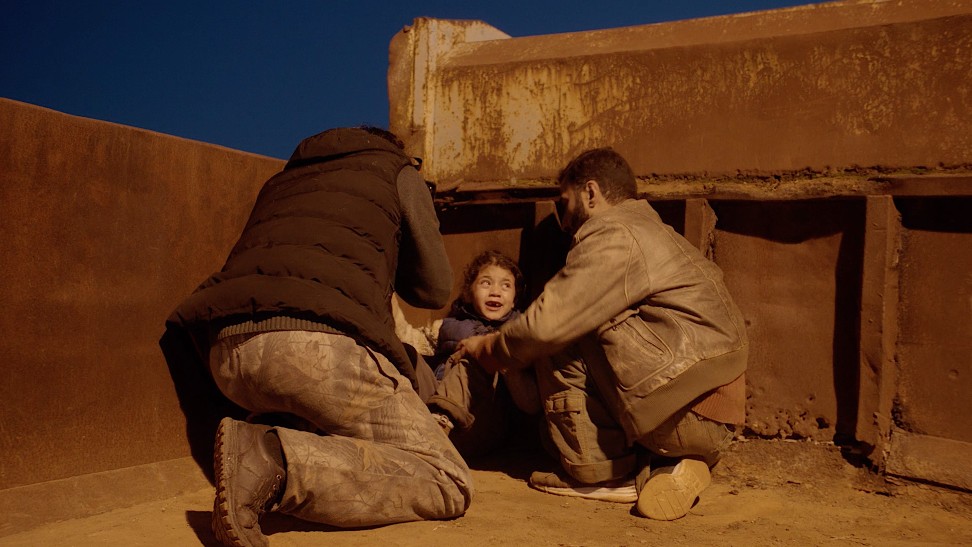
“Index”, dir. Nicolas Kolovos (2018)
“Index” (2018) tells the story of a Syrian refugee family faced with a terrible dilemma: as they are about to depart on a boat that will smuggle them to Europe, they discover that the youngest son’s index finger is stuck in a hole in the wall of the truck that carries them. Panic ensues and they are faced with a terrible choice. Kolovos’s previous film “Fig” is about an old couple living in a remote village in Epirus. The old man, who wants to fulfill his dying wife’s last wish, will embark on an odyssey in search of a fig. In both films, the heroes are caught in an agonizing quest that engages the viewer, while the humorous plot twists allow love’s warmth to prevail over the toughest moments.
Film director, scriptwriter and playwright Nicolas Kolovos has written and directed eight short films that have been screened at a variety of international film festivals, winning several awards. In April 2016, he was awarded Greece’s biggest film award, Iris, by the Greek Film Academy for his short film “Fig” (2015). He has also directed TV drama and documentaries for Swedish Television. Kolovos has also written plays for Riksteatern and Sweden’s Radio Drama among others. His films and plays often portray with black humor people in risk situations and deal with issues such as identity and exclusion.
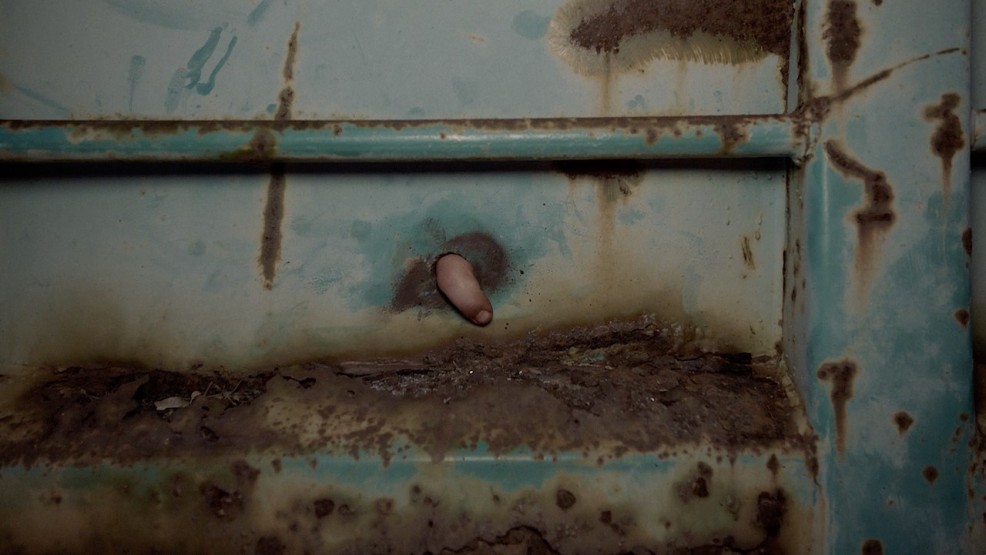
“Index”, dir. Nicolas Kolovos (2018)
What made you decide to tell a story about refugees and what were the challenges you faced?
The idea for the film stemmed from an incident that happened to my son two years ago: he had put his hand in a hole and refused to pull it out. As a director, I like to bring my heroes to the limit and imagine them in extreme situations; to put the protagonist before moral dilemmas. I did not make a film with long shots of refugees loaded on boats dotting the horizon; instead, I chose to focus on a family of four refugees and by setting off with what happens to their child, I wanted to show that they have the same feelings, the same problems with us. Viewers can identify with what it means to leave your daily life behind and fly into the unknown, uprooting yourself. Who wouldn’t be afraid? Kids especially, who have no say in the matter of leaving their home. Their fear is immense, precisely because they have no choice. I made a film in a language I didn’t speak, in Arabic, I had to do a lot of rehearsals and I went through the process of learning Arabic so that I could communicate at an elementary level. Moreover, the film is a one-take shot which was a big risk for me.
Every now and then filmmakers are criticized for exploiting sensitive issues. I did not make a film to exploit the pain of refugees; we see it constantly in the news, we read about it everywhere. I made a film about a family of refugees facing a moral and existential dilemma, something we all come across at some point when a difficult decision has to be made. As a filmmaker, I am free to discuss and make films about a subject or idea that I‘m passionate about. Just because I’ m not a refugee, it does not mean I have no right to touch the refugee issue. Who determines what the artists will talk about? Ten years ago I made a film titled “I’ m gay”. Everyone thought I was gay and when I told them I wasn’t, they were astonished and asked me how I could make a film about being gay when I’m not! And my response was “if I made a film about a murderer would you also ask me if I was a murderer”? Sometimes you see things more clearly from a distance. It is my job as an artist to understand people.
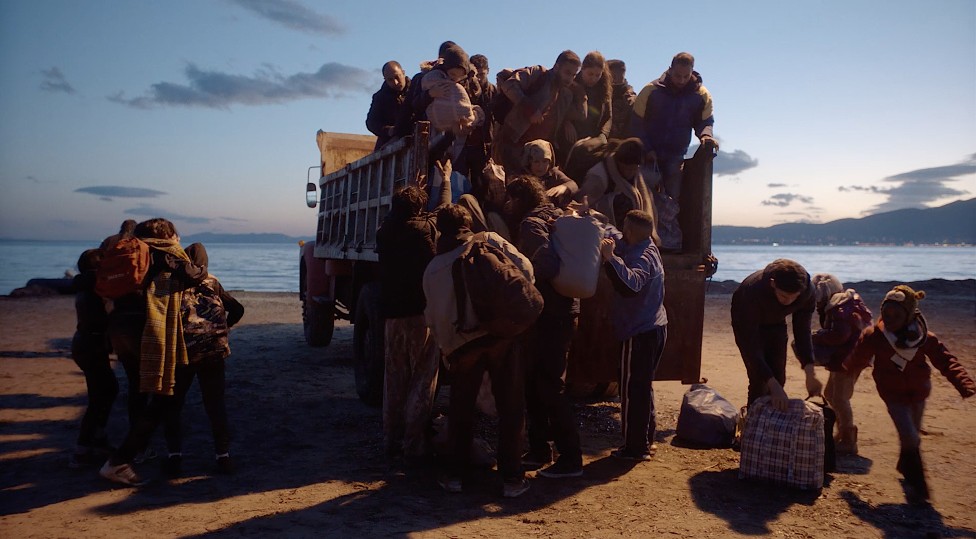
“Index”, dir. Nicolas Kolovos (2018)
Would you like to talk about your choice to shoot “Index” in a one take?
I took a very big risk. I took 19 shots and only the penultimate was successful. And while one shot was going well for example, shortly before the end the child would get caught in some spontaneous action and the shot would need to be redone. We had already performed some fifteen shots when production asked me to finish. But I insisted and told them I was going to do it! And we did!
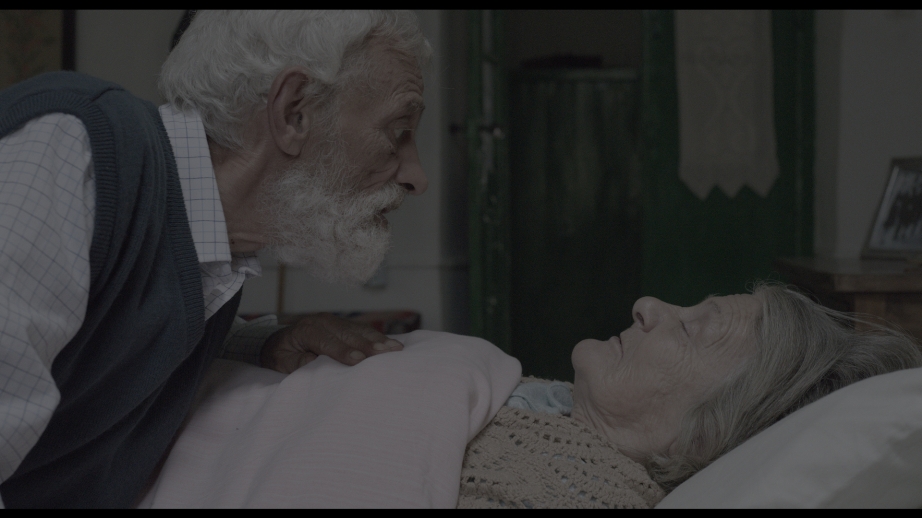
“Fig”, dir. Nicolas Kolovos (2015)
In both “Fig” and “Index”, love wins. Do you believe in humanity and its ability to create loving relationships?
All my films talk about love and the power of love, irrespective of sex, religion or ethnicity. The power we have inside us and which we show at critical moments. This in-between space between life and death, where we want to say something but dare not, is very interesting for me as a scriptwriter and director; the dilemma of the middle-space. In my films I talk about humans, the power of love, respect and the need for human contact. I often talk about the person that never gives up even when everything goes wrong, the one that loves unconditionally. Humor is another feature of my work, to be found even in our darkest moments. For me, humor helps us breathe and that is why it is always present in my films.
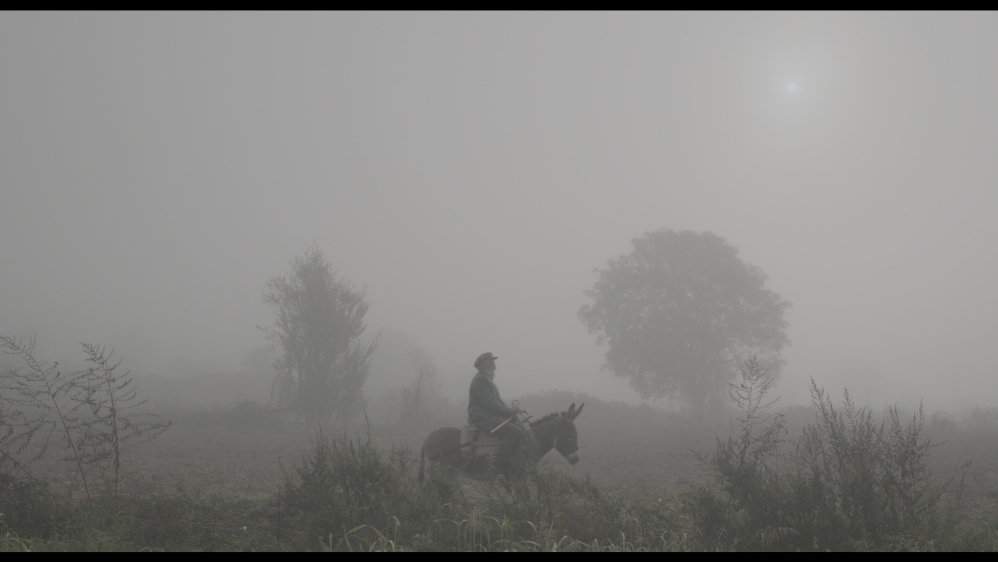
“Fig”, dir. Nicolas Kolovos (2015)
What is your experience as a filmmaker moving between the two countries, Greece and Sweden, as regards funding and location?
There is no major difference when it comes to shooting. We speak the same cinematic language, thus there are no problems. Crews are professional both here in Sweden and Greece. The difference is in funding. International co-productions have become a common practice to find a budget.
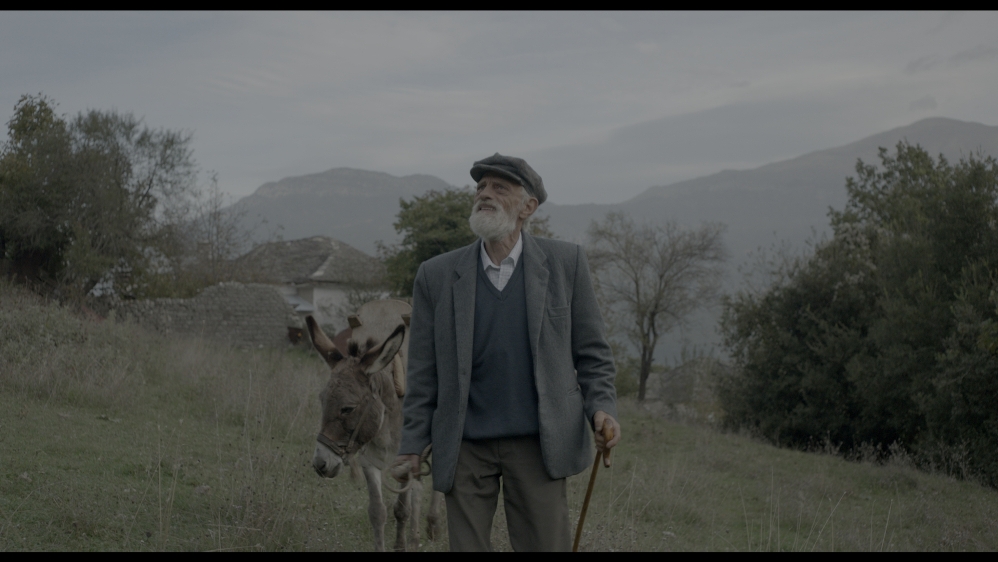
“Fig”, dir. Nicolas Kolovos (2015)
In a way, the protagonists of both “Index” and “Fig” are modern Ulysses, wanderers. What is the role of the journey and quest in your work?
The refugee crisis is around us daily. We come across these present-day Ulysses characters daily. People still leave their countries and always will. Wars will never come to an end and there will always be forced population movements. In such cases, people care about their lives, not their home. And if you think about it well, all you are left with is the love for those around you. As a father myself, I inevitably wondered what it would be like if I were in their place with my child in danger. The journey for me starts from the conception of the idea to its realization. This is where I struggle as a creator to find the way to express the idea.
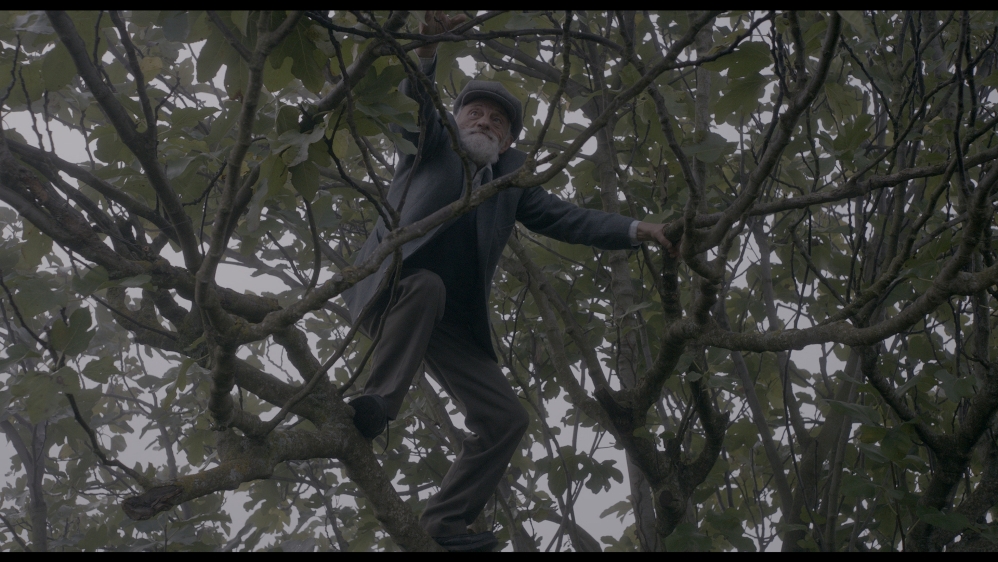
“Fig”, dir. Nicolas Kolovos (2015)
What are your future plans?
I am currently directing a thriller series for Sweden’s Radio Drama. I have also completed the script for a feature film which I hope to shoot in Greece. It’s a comedy-drama about love.
INDEX TRAILER.
* Interview by Florentia Kiortsi

